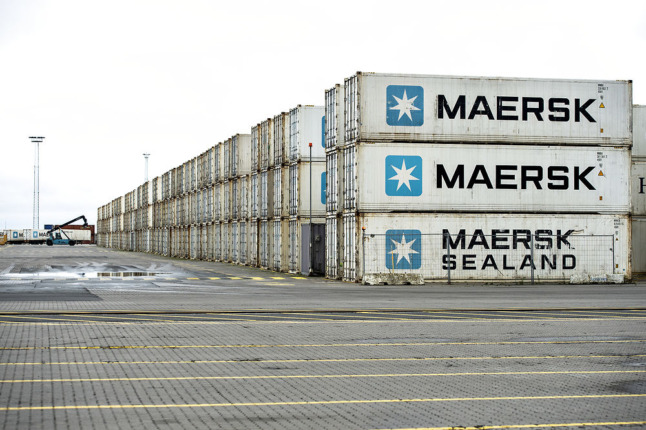For the full year, Maersk registered a net profit of $18 billion (15.8 billion euros), the highest profit ever recorded by a Danish company.
For 2022, Maersk predicted a “solid first half” would be followed by a “normalisation” of the sector early in the second part of the year.
Demand for shipping plunged at the start of the pandemic, but has rebounded strongly since mid-to-late 2020.
As a result, sales for 2021 jumped by 55 percent to $61.8 billion, with the Ocean container shipping segment soaring by 65 percent.
Earnings before interest, taxes, depreciation and amortisation (EBITDA) almost tripled to $24 billion, thanks to lower costs and optimisation of its logistics chain, Maersk said.
Its main competitors, Italy’s MSC and France’s CMA CGM, have also posted record profits for 2021.
Shipping customers have had their patience put to the test and had to dig deep into their pockets as the supply chain disruptions plague the container shipping segment.
In the fourth quarter, the sector experienced “exceptional conditions with significant and persisting bottlenecks, while the volumes were down”, Maersk said in its annual report.
Freight costs rose especially on Asian routes to Europe and North America, the Danish group said, with the unit cost at fixed bunker increasing by 13 percent.
Maersk’s record profits are expected to continue this year, with EBITDA forecast to come in at the same level as in 2021, around $24 billion, despite the normalisation expected in the second half.
The company, which aims to be carbon neutral by 2050 by turning to green energy for its fleet, said its emissions declined by 42 percent in 2021.
READ ALSO: Maersk profits up as global supply chain disrupted



 Please whitelist us to continue reading.
Please whitelist us to continue reading.
Member comments